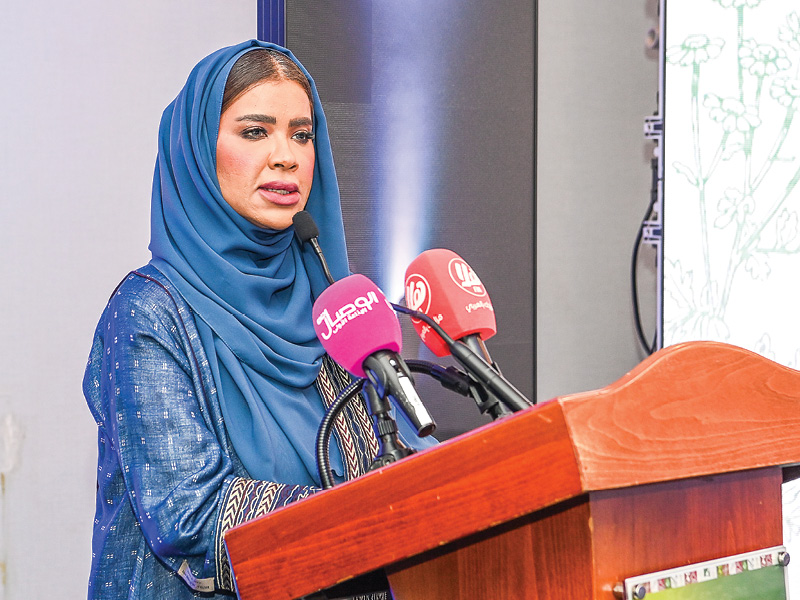 By OUR CORRESPONDENT
By OUR CORRESPONDENT
Salalah – Dhofar Municipality inaugurated a three-day scientific workshop on Monday on managing and combating the invasive parthenium weed. The event has brought together specialists from Oman and abroad to review research findings, share applied experiments and strengthen international cooperation in tackling the plant’s spread.
The workshop was opened by Dr Ahmed bin Mohsen al Ghassani, Chairman of Dhofar Municipality, who honoured speakers and participating organisations. The programme aims to highlight the latest research, introduce practical control methods and build national capacities through integrated environmental initiatives.
Parthenium hysterophorus is regarded as one of the world’s most destructive invasive plants, threatening biodiversity, food security and human health. Native to Central and South America, the weed has spread to more than 50 countries.
Dr Thuraya Said al Sariri, Assistant Director General for Nature Conservation at Environment Authority, stated that the workshop reflects Oman’s ongoing efforts to contain the plant, which reduces rangelands, diminishes grazing capacity and threatens ecosystems.

She informed that since 2020, a steering committee has worked with government bodies, the private sector and research institutions on an integrated control programme. Efforts have included environmental monitoring, mapping, field experiments and biological control as a sustainable and cost-effective solution. Ecosystem restoration has been supported by distributing billions of seeds of native species, alongside awareness campaigns for farmers and communities, and joint scientific studies with universities.
The opening session featured a presentation on national efforts and challenges, a briefing on global risks posed by the weed, and a review of control measures in Dhofar between 2020 and 2025.
A discussion session, titled Regional Research Reports – Sultanate of Oman and the Middle East, presented two research papers addressing the weed’s impact on Dhofar’s rangelands and the role of eco-friendly allelopathic chemistry in limiting its spread.
The session on Tuesday will cover the plant’s biology and ecology, with regional reports from India, South Asia, Australia, the Pacific, Africa and the Middle East. The final day will focus on biological and non-biological management methods, concluding with best practices applied in Oman.
© 2021 Apex Press and Publishing. All Rights Reserved. Powered by Mesdac